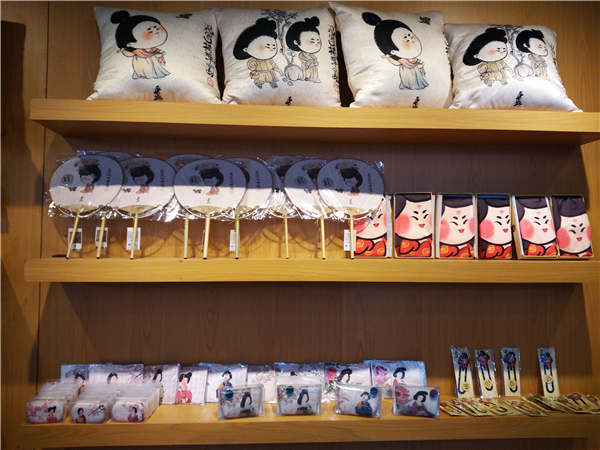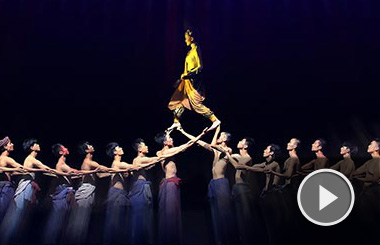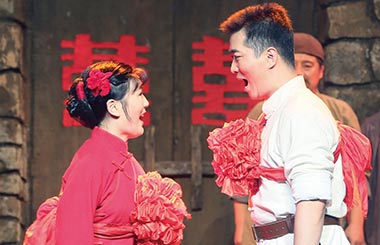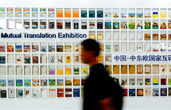At home in China's museums
By Wang Kaihao ( China Daily ) Updated: 2016-09-27 07:45:07
 |
|
Souvenirs offered at the expo in Chengdu. [Photo by Wang Kaihao/China Daily] |
"Museums are now more than custodians of cultural relics," Tian Kai, director of Henan Museum, explains.
"They have to cooperate with different cultural institutions to allow more people to enjoy their resources."
E Jun, director of Gansu Museum in Northwest China, says: "Due to dated systems, it was difficult to form regional museum alliances before."
However, things have changed in recent years.
From 2014 to 2015, Silk Road, a major exhibition reflecting the history of the ancient trade route, was displayed at Beijing's National Museum of China, which gathered key collections from 44 museums across the country.
Another show, Sailing Far and Wide on the Sea on Maritime Silk Road, brought collections from 51 museums to the Capital Museum in 2014.
"These exhibitions created new models for cooperation among Chinese museums in terms of personnel, information and academic research," says E.
Today's cooperation has gone beyond borders. Duan says there were about 100 exhibitions held jointly by China and different countries in 2015, which also partially explains why museum visitor Ai feels "many exhibitions from all over the world" are available in China. Consequently, Chinese museums also provide experiences for foreign cultural institutions.
|
|
|
|
|
|
|
|
























 Raymond Zhou:
Raymond Zhou: Pauline D Loh:
Pauline D Loh: Hot Pot
Hot Pot Eco China
Eco China China Dream
China Dream China Face
China Face






